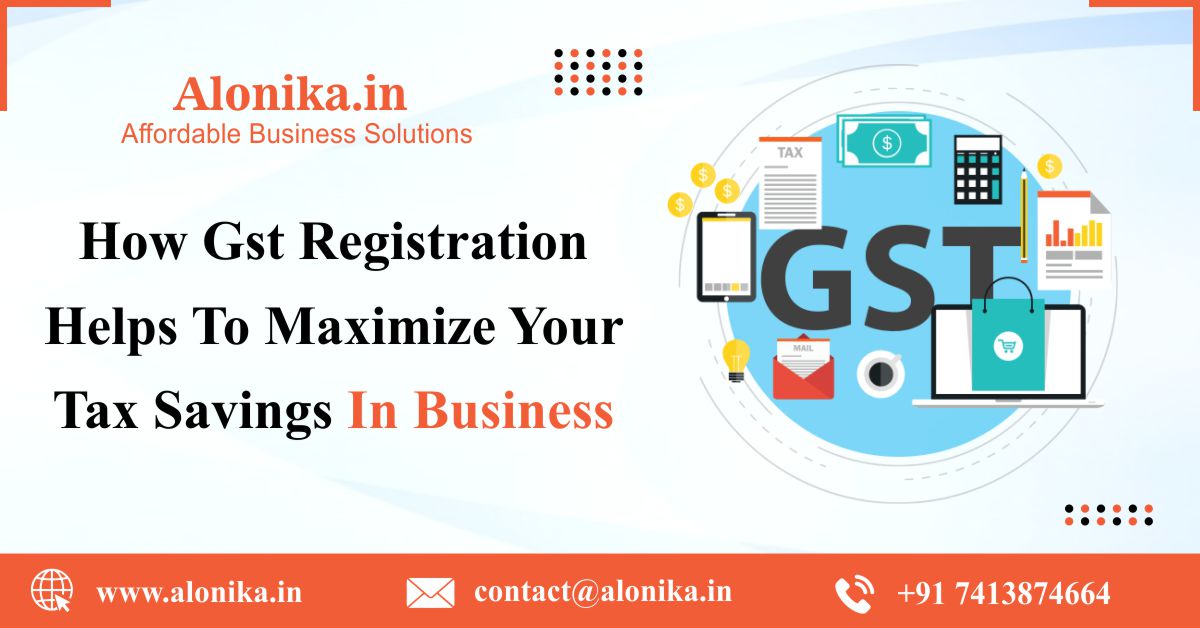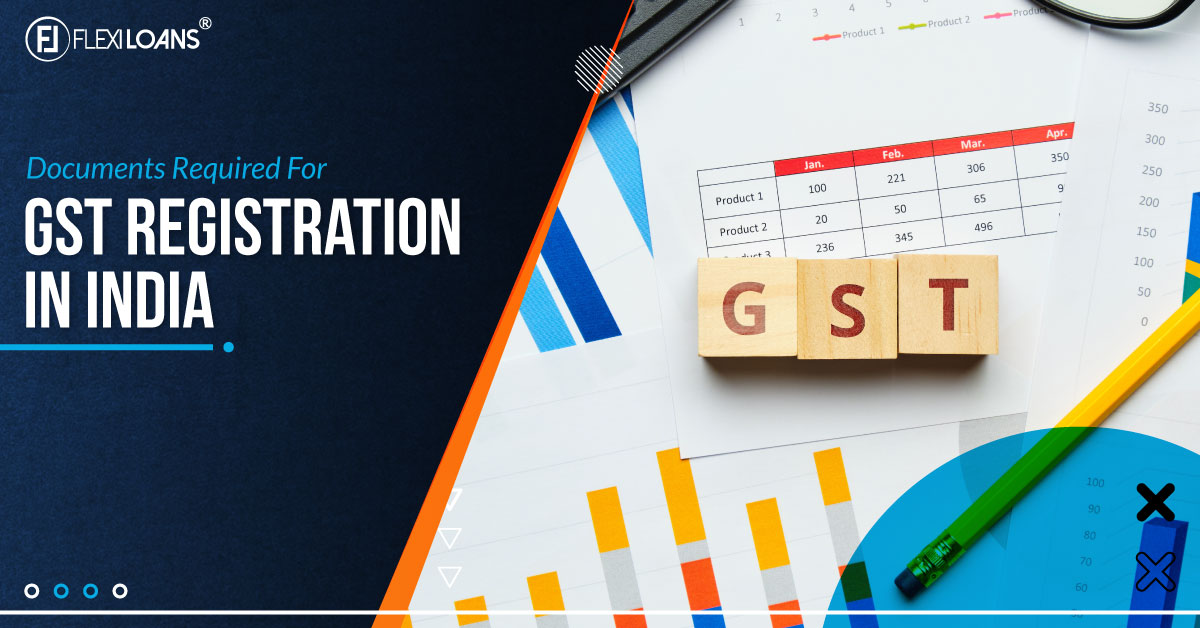Discovering Trustworthy and Effective Best GST Registration Services in Singapore
Discovering Trustworthy and Effective Best GST Registration Services in Singapore
Blog Article
From Beginning To End: The Ultimate Roadmap to GST Enrollment for Organizations Seeking Financial Security
Navigating the complexities of Goods and Services Tax (GST) registration is an important step for organizations aiming for economic stability. From comprehending the basic principles of GST to abiding by post-registration standards, the process can appear daunting in the beginning look. Nonetheless, breaking down the roadmap into workable steps can enhance the enrollment journey for companies aiming to enhance their financial standing. Let's check out the crucial parts that compose this utmost roadmap and discover how each phase contributes to laying a solid structure for economic success.
Understanding GST Essentials
Digging right into the basic concepts of Goods and Services Tax (GST) is vital for getting a comprehensive understanding of its ramifications on organizations and the economic climate. Input Tax Debt (ITC) is a significant function of GST, allowing companies to declare credit for taxes paid on inputs, reducing the overall tax concern. Comprehending the essentials of GST is critical for businesses to comply with tax regulations, manage their funds successfully, and add to the nation's economic growth by getting involved in a transparent tax system.
Eligibility Criteria for Registration
As of the present regulations, the threshold limitation for GST enrollment is an annual aggregate turnover of 40 lakhs for services running within a state, except for special group states where the limitation is 20 lakhs. Additionally, particular companies are called for to register for GST irrespective of their turnover, such as interstate distributors, laid-back taxed persons, and services liable to pay tax under the reverse charge device. It is essential for organizations to thoroughly examine their turnover and transaction types to establish their GST enrollment obligations precisely.
Files Needed for Enrollment
Having satisfied the qualification requirements for GST enrollment, services have to currently guarantee they have the requisite files in area to proceed with the enrollment process successfully. The files needed for GST registration commonly include evidence of company constitution, such as collaboration deed, registration certification, or consolidation certification for different types of services. Additionally, businesses require to supply records establishing the major place of company, such as a rental arrangement or power expense.
Step-by-Step Enrollment Refine
Commencing the GST enrollment procedure involves a series of organized steps to make certain a compliant and seamless registration for organizations. The initial step is to check out the GST site and submit the registration kind with exact information of business entity. Following this, the candidate obtains a Temporary Recommendation Number (TRN) which is utilized to return to the application procedure if it's not finished in one go.
Following, all called for documents as per why not try this out the checklist supplied by the check GST portal requirement to be posted. These documents usually consist of evidence of organization identification, registration and address evidence of promoters, financial statements, and service entity's frying pan card.

Post-Registration Conformity Standards

Verdict
To conclude, services looking for monetary stability should understand the essentials of GST, meet qualification requirements, gather necessary papers, comply with the step-by-step registration process, and abide by post-registration guidelines - Best GST registration services in Singapore. By adhering to these steps, services can make certain compliance with tax regulations and preserve monetary security in the future
In addition, particular businesses are needed to register for GST irrespective of their turnover, such as interstate providers, casual taxable individuals, and businesses accountable to pay tax obligation under the reverse cost device.Having satisfied the eligibility standards for GST registration, organizations need to now ensure they have the requisite documents in location to continue with the registration procedure effectively. The records required for GST enrollment commonly include evidence of business constitution, such as collaboration deed, registration certification, or consolidation certificate for different kinds of companies. In addition, companies require to give files developing the primary area of company, such as a rental arrangement or electrical energy expense.Starting the GST registration procedure includes a collection of structured actions to ensure a certified and smooth registration for businesses.
Report this page